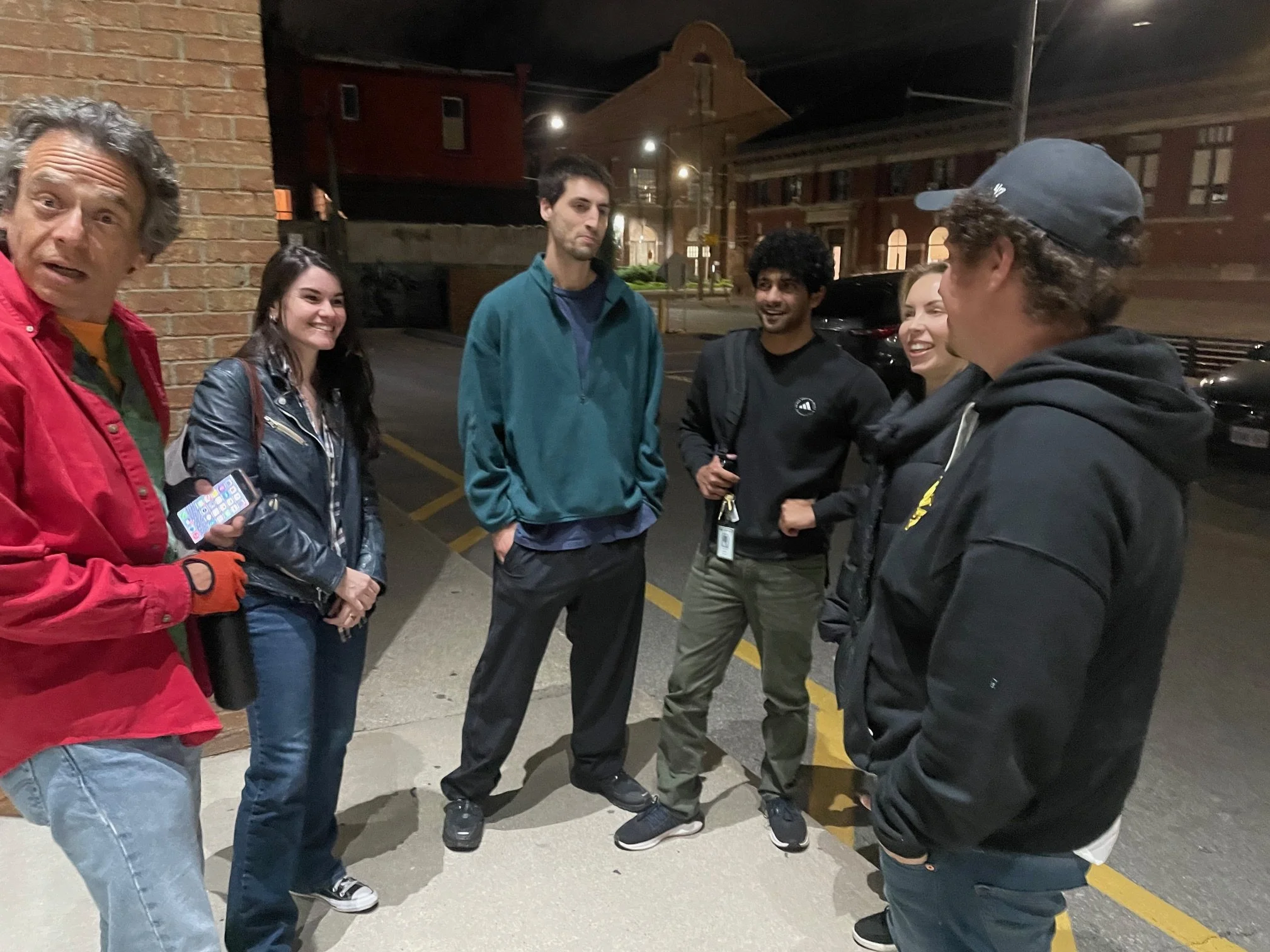Attacks on Actors Increase
/A number of issues are facing actors at this time as the current economic crisis weighs in on the film and TV industry.
On October 19, the talent agency Compass Artist Management Inc. told its actors that it was no longer viable and that it was ceasing operations with immediate effect. Current and former Compass clients say the agency did not pay them for their acting work, which they did between January and September this year. They are owed more than $230,000 in total.
James Crammond, an agent for Noble Caplan Abrams talent agency said to the Globe and Mail, “Actors are truly viewed as completely replaceable by everyone in the business. They audition little by little and they don’t get paid for it. And sure, maybe they work and make $5,000 a day, but they only do it three or four times a year.”
It used to be that producers paid actors directly and then actors paid their agents the representation fee. That was changed and now the cheques go to the talent agents first and they, in turn, cut cheques for the actors.
From the time the agent receives the funds to the time the actor cashes his cheque the agencies collect interest on that money.
On November 4, ACTRA (Alliance of Canadian Cinema, Television and Radio Artists) Toronto issued a statement from its President David Gale:
“On November 1, 2022, the ACTRA Toronto Council gathered to discuss concrete steps to help address the imbalances that exist between performers and their agents within Canada’s creative industries. We will work toward establishing a system that empowers the performer and ensures they cannot be taken advantage of again.”
The statement continues, “We also know that there is no quick fix. The needed change will not happen overnight…”
After not working for a year, an actor landed a job. The producer then told his agent the actor needed to fill out forms listing his past five years of residential history, his social media handles, where his SIN number was issued and if he had any criminal record.
The agent called the actor and told him what he had to do and said, “It would be good if you could fill out the forms tonight.” At the time the actor was in the middle of his shift working at a bar.
The common belief is that agents work for actors, but here the agent raises no issue with a violation of privacy and the setting of precedent by the production company. These demands by producers have no history nor are in any collective agreements, yet are made with impunity. Contracted to play a role in a film an actor is told by the producers they must sign an NDA (Non-Disclosure Agreement) to not discuss their fee with any other actor working in the film. Again, there is no precedent for this, it is a violation of rights and no allowance for it under the collective agreement.
Since COVID, actors now audition from home via “self-tapes”. Casting directors, especially for commercials, are asking actors to provide props that would replicate the product, to provide special camera moves, lighting, and specific wardrobe. The audition breakdown instructions are becoming more and more elaborate forcing actors to try and fulfill near impossible filming conditions at home.
The fight with commercial agencies wanting to use non-union actors is on-going.
An ACTRA Bulletin announced, “On May 17, ACTRA filed a complaint with the Ontario Labour Relations Board that the Institute of Canadian Agencies (ICA), and the nine advertising agencies it represented in negotiations, bargained in bad faith over the past year as ACTRA sought to reach an agreement on the renewal of the National Commercial Agreement (NCA).”
The Institute of Canadian Agencies (ICA) – has not signed and ACTRA is accusing them of ‘union-busting.’
“The ICA only wanted a special deal for their member agencies to have the option to ignore the contract…so they could make non-union commercials”, states ACTRA.
“We are also seeking damages in the form of wages, benefits, and retirement contributions lost as a result of unlawfully making non-union commercials.”
ACTRA members had their contracts to perform in union commercials broken and the union is fighting to get those members paid for that lost work.
Actors are loved by the people for their ability to represent them and tell their stories that meet their needs. These attacks on artists puts the well functioning of the society in danger.








